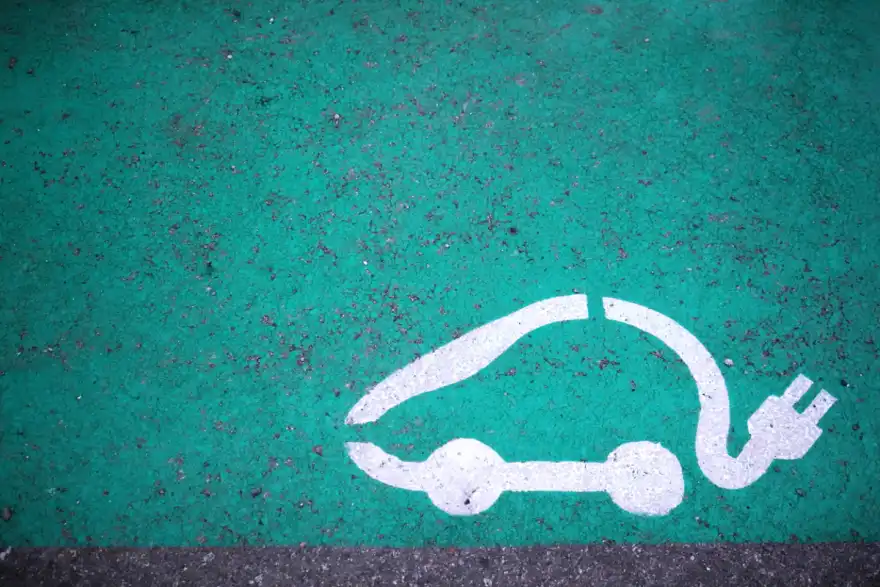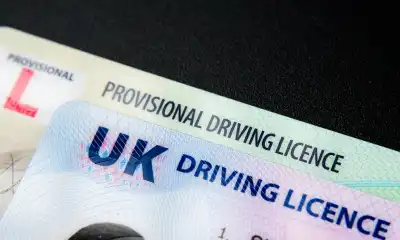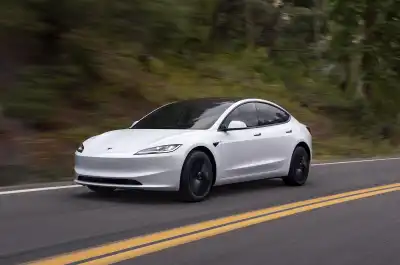
To control budgetary constraints and manage expenditures for promoting electric and hybrid vehicle adoption, the French government has reduced the subsidy available to higher-income car buyers by 20 percent. A recent government regulation has adjusted the subsidy from €5,000 to €4,000 for the top 50 percent of income earners, while maintaining it at €7,000 for those with lower incomes.
Environmental Transition Minister Christophe Bechu explained on franceinfo radio, "We are modifying the program to assist more people but with reduced funding." France, like many other nations, has introduced incentives to encourage electric vehicle purchases but is cautious not to exceed its €1.5 billion budget, especially with potential risks to overall public spending targets.
As part of this budgetary adjustment, subsidies for purchasing electric company cars are being phased out, along with incentives for buying new internal-combustion engine cars to replace older, more polluting vehicles. While the national government is scaling back its purchase subsidy, various regional governments continue to provide additional electric vehicle incentives, ranging from €2,250 to €9,000 in the Paris area based on individual income.
This move follows the government's decision to suspend, for the remainder of the year, a program supporting low-income earners leasing electric cars due to unexpectedly high demand. France's actions align with a broader trend, as Germany also terminated its electric car subsidy program in December, prompted by budgetary revisions following a constitutional court ruling affecting green transition spending.



